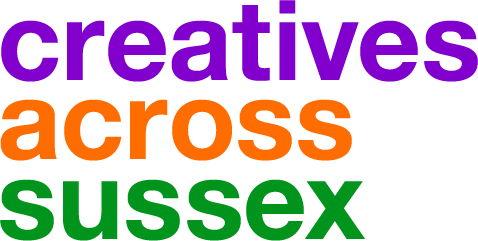
As a graduate of a Photography degree my work attempted to explore some of the fascinating theories regarding the photographic image – an almost magical process which captures the play of light and dark occurring uniquely in just one moment of time. It has came as a surprise to me that since the first Covid 19 lockdown in March 202, I have become obsessed with the actual, physical touch of natural forms; whether the wonderful shapes of a leaf, the amazing variety of colour of a flower, or the explosion of natural textures discovered when heat and water is applied.
It’s paradoxical that the more faithful reproduction attempts to be, the more it can distort the original. The photograph has been described as a “certificate of verification’, but time and technology has exposed the truth of a photograph for the lie it is. In contract, nature seems to have offered itself up to all who are interested, as innately beautiful, complex and never-endingly versatile.
The interplay of absence and presence finds a fractal expression in my attempts to abstract nature’s shapes whilst celebrating its actual, physical uniqueness and unrepeatable shapes, colours and textures. I have explored a process called Eco Print, which, as the name suggests, is an environmentally sympathetic method aimed at extracting the essence of nature, using organic matter. This has led to a year-long commitment to explore a one-year cycle; a side effect of this continuous cooking, has been to an appreciation of the touch and feel of the stems, leaves, spines, edges and lines of that material once dried, which I have exploited in a series of collographs.
The first collection of these prints highlighted the random, chaotic forms that proliferate all around us and often taken for granted – by me anyway! Now a new body of work, also derived from that dried residue of Eco Printing, is seeking to categorise these forms into its own taxonomy; arranged according to some pleasure-detector in my mind and cut through with arbitrary geometry forms in contract to the whole. I have observed form within form during my many long, lockdown walks in the Chiltern countryside, and this intervention re-creates the observed paradox through cut outs in my plates. The work asks whether human intervention always has to be bad? And with sensitivity can there be a benign human interference to nature that can be beautiful and illuminating?
For more information visit http://www.sheiladerosa.co.uk/
Image Location
2 Vicarage Gardens Marsworth
2 Vicarage Gardens Marsworth
Marsworth
Nr. Tring
Herts
HP23 4NJ
Telephone: 07821 177 685
Email: sheiladerosa@btinternet.com
Website: http://www.sheiladerosa.co.uk/

